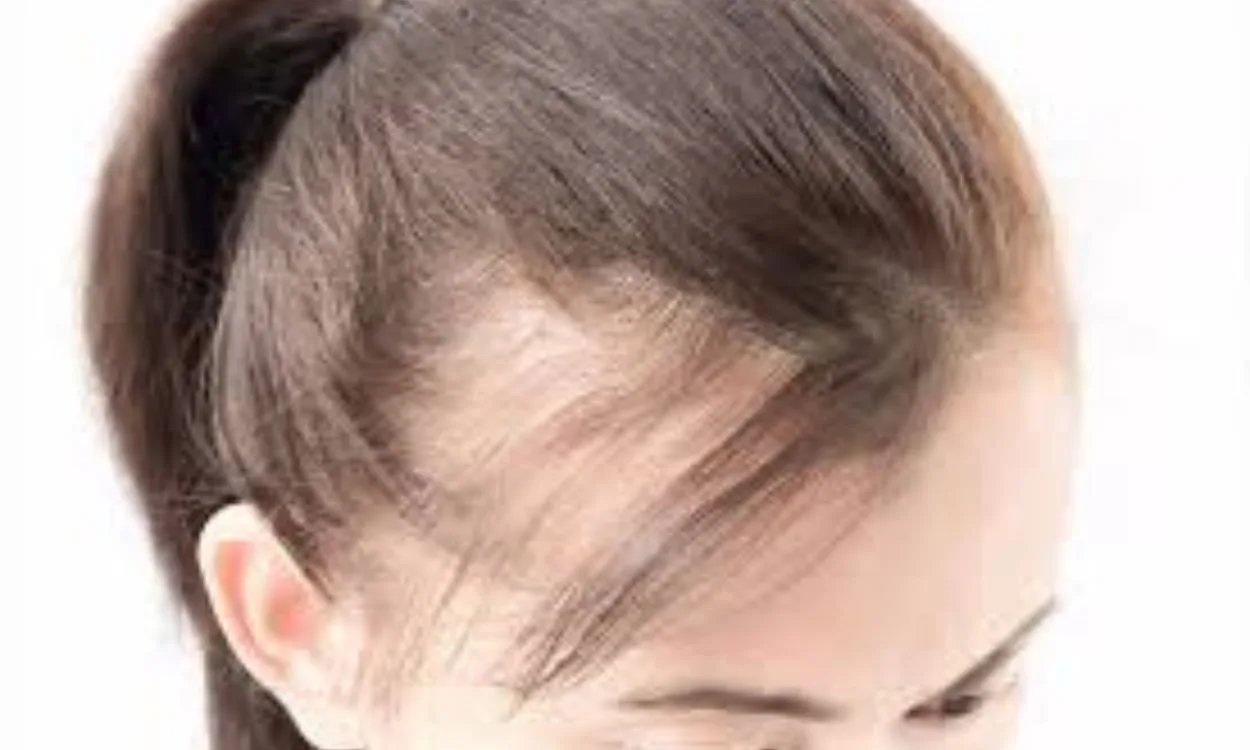Can PCOD Lead to Hirsutism and Hair Loss?
Polycystic Ovary Syndrome (PCOS) is a common condition that affects women of reproductive age. It is characterized by hormonal imbalance and can lead to a variety of symptoms, including irregular periods, acne, weight gain, and infertility. Two particularly distressing symptoms that many women with PCOS experience are hirsutism and hair loss.
Understanding PCOS, Hirsutism, and Hair Loss
PCOS is associated with elevated levels of androgens, commonly known as male hormones, in women. This hormonal imbalance can lead to the development of hirsutism, which is the growth of excess hair on the face, chest, back, and other parts of the body where men typically grow hair. Additionally, PCOS can cause hair loss or thinning of the hair on the scalp, a condition known as female pattern hair loss.
The Link Between PCOS and Hirsutism
The excessive production of androgens in women with PCOS can lead to hirsutism due to the stimulation of hair follicles in areas where men typically grow hair. This can be a distressing symptom for many women and may have a significant impact on their self-esteem and quality of life.
The Relationship Between PCOS and Hair Loss
Hair loss in women with PCOS is often related to the elevated levels of androgens. These hormones can lead to a condition called androgenic alopecia, which is the female equivalent of male pattern baldness. This type of hair loss is typically characterized by thinning of the hair on the scalp, particularly in the frontal and crown areas.
Managing PCOS-Related Hirsutism and Hair Loss
Medical Interventions
Women with PCOS who experience hirsutism and hair loss may benefit from medical interventions such as oral contraceptives, anti-androgen medications, and topical treatments to manage these symptoms. It is essential for individuals to consult with healthcare professionals to determine the most appropriate course of treatment based on their specific needs and medical history.
Lifestyle Modifications
In addition to medical interventions, lifestyle modifications can play a crucial role in managing the symptoms of PCOS. These may include following a balanced, nutritious diet, engaging in regular physical activity, and managing stress effectively. These lifestyle changes can help regulate hormone levels and improve overall well-being.
Exploring Fitpaa as a Holistic Health and Fitness Solution
While managing the symptoms of PCOS is crucial, it’s equally important to address overall health and well-being. Fitpaa, a comprehensive health and fitness app, offers a personalized approach to achieving health and fitness goals, which aligns with the holistic management of PCOS.
Fitpaa’s Approach to Supporting PCOS Management
Fitpaa leverages state-of-the-art research in Lifestyle Medicine and Behavioral Therapy to provide a holistic approach to health and fitness. The app’s end-to-end AI-driven metabolism monitoring and management technology can be particularly beneficial for individuals with PCOS, as it focuses on optimizing metabolism, which is key in managing the hormonal imbalances associated with the condition.
Personalized Plans for PCOS Management
Fitpaa’s expert team, including fitness coaches, nutritionists, and doctors, can create personalized plans tailored to the unique needs of individuals with PCOS. These plans may encompass medical nutrition therapy, medical exercise therapy, and cognitive behavior therapy, all of which are essential components in managing the symptoms of PCOS, including hirsutism and hair loss.
Real-Time Guidance and Support
The app’s real-time guidance technology incorporates habit-building principles and timely nudging from cognitive behavioral therapy to support individuals in adhering to their personalized plans. This can be particularly beneficial for individuals with PCOS who may require ongoing support and motivation in managing their symptoms and achieving their health and fitness goals.
Commitment to Guaranteed Results
Fitpaa’s commitment to guaranteed results aligns with the needs of individuals with PCOS, offering reassurance and support in their journey toward improved health and well-being. Additionally, the app’s emphasis on habit-building and purpose-finding aligns with the holistic approach necessary for managing the multifaceted symptoms of PCOS.
Conclusion
PCOS can indeed lead to hirsutism and hair loss, presenting significant challenges for affected individuals. While addressing the medical and lifestyle aspects of managing PCOS-related symptoms is crucial, holistic health and fitness solutions like Fitpaa can offer valuable support in optimizing overall well-being. By leveraging personalized plans, real-time guidance, and a commitment to guaranteed results, Fitpaa can empower individuals with PCOS to take proactive steps toward achieving their health and fitness goals.
For individuals seeking comprehensive support in managing PCOS and improving their overall health and well-being, Fitpaa offers a promising avenue for personalized, holistic, and effective care.
We hope this informative article has shed light on the relationship between PCOS, hirsutism, and hair loss, while also introducing the potential benefits of Fitpaa in supporting individuals with PCOS. If you are ready to take proactive steps toward achieving your health and fitness goals, we invite you to download the Fitpaa app and experience the personalized, holistic approach to well-being that we offer. Your well-being is our mission, and we are committed to supporting you every step of the way.
To embark on your journey toward improved health and fitness with guaranteed results, download the Fitpaa app today and experience the transformative power of personalized health and fitness solutions.









